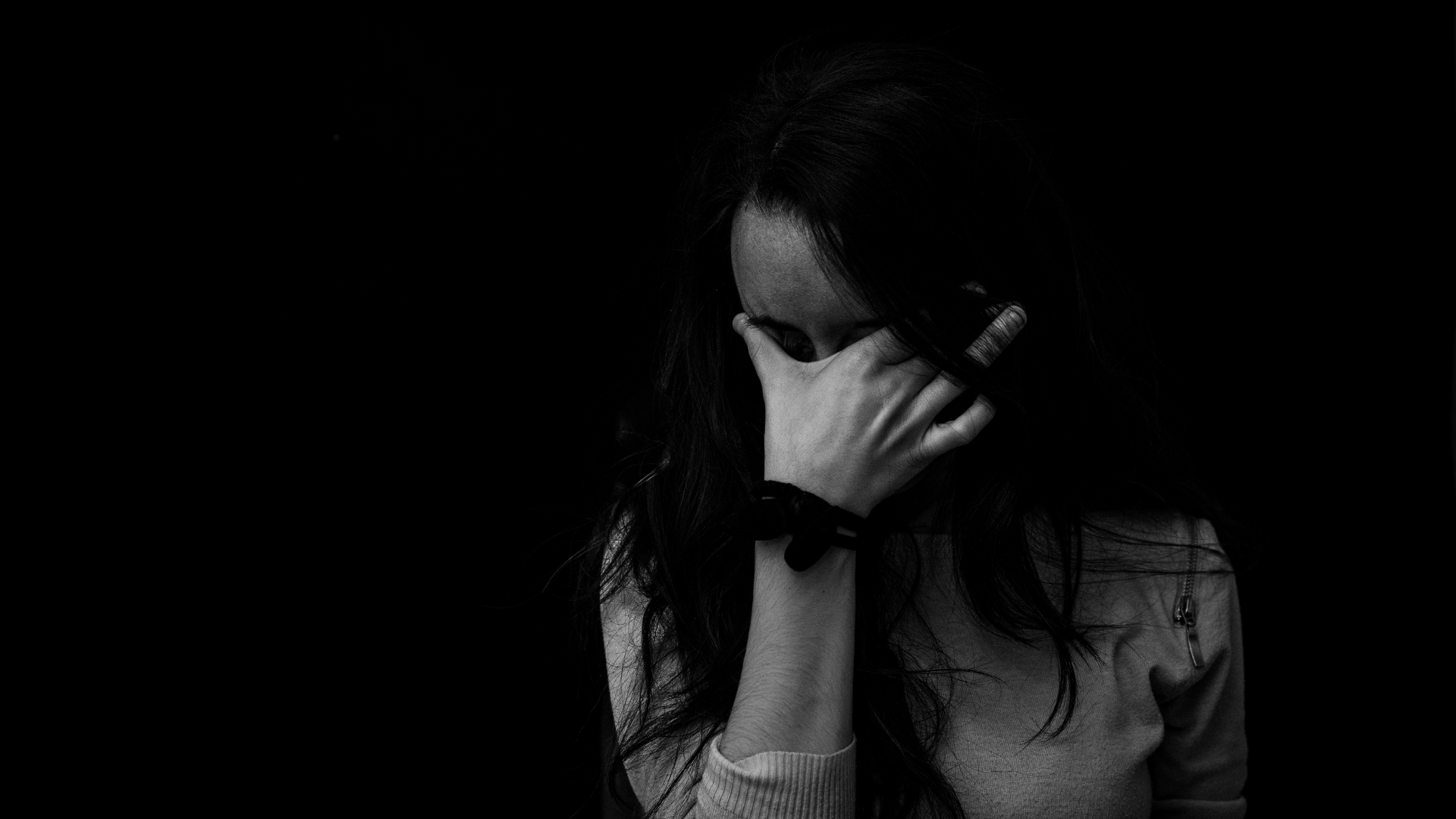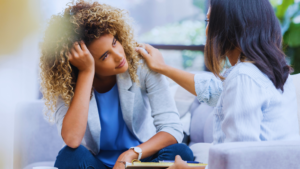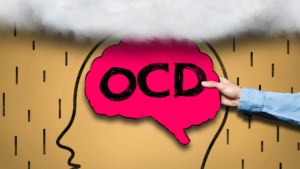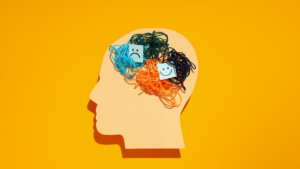
Anxiety is a part of everyone’s life, and everyone’s life is full of difficult situations; that’s why you can’t be anxious all the time. But when it’s constant, it can cause many problems in your life, like having difficulty in your work, school or other activities.
What is anxiety?
Anxiety is defined as a physiological and psychological response to an external threat or to a perceived threat, resulting in a (phobic) alarm reaction. In this sense, anxiety is a symptom of a larger spectrum of mental health conditions, including panic disorder, generalized anxiety disorder, and obsessive-compulsive disorder (OCD). Fortunately, most of these disorders are treatable by professionals. For instance, those suffering from an anxiety disorder or OCD can seek professional help by looking up anxiety or ocd treatment florida on the Internet.
Anyway, the truth is that almost everyone has anxiety from time to time. It is a normal experience that doesn’t really hurt anyone and can be very useful in some cases. But from a scientific standpoint, there is no known way to cure anxiety completely without treatment. However, some of the causes and symptoms of anxiety can be controlled or managed to some extent by calming the nerves, maybe with the help of some essential oils or some cannabis-based full spectrum tincture. These oils start working pretty quickly and can be effective in relieving stress faster.
Following is a list of other things you can do to relieve stress without medication:
- meditation,
- yoga,
- exercise,
- journaling,
- avoiding caffeine or other stimulants
Meditation is one of the most effective ways to deal with anxiety naturally. It has been shown to reduce stress, improve mood, and make you a calmer, more focused person. It can also help you curb your appetite, helping you to eat less, and feel full for longer because meditation is such a helpful practice.
Yoga is an ancient practice that has been used in India for thousands of years, and it still has many benefits to offer. It can help relieve depression, insomnia, anxiety, and stress and can even improve concentration and focus. It can also help improve overall mood and reduce stress.
Exercise has been shown to impact anxiety positively, but the benefits of exercise are often misunderstood. Exercise is important for many different reasons, but this is especially true when dealing with anxiety. The benefits of exercise are not limited to physical benefits. Exercising can help teach your body to cope with stress and anxiety through muscle memory.
Journaling is one of the most effective. Journaling is the process of writing down all that is going on in your life, including your health and emotions. Journaling will help you view stressful events through a positive lens, as it can help you to manage your emotions better. If you’re not sure about how to build a bullet journaling routine, check sites like Yop & Tom for more information.
Avoiding caffeine or other stimulants that, when consumed regularly, can cause anxiety and even panic attacks. Instead of just accepting that caffeine is making you anxious, you can use this guide to help you to lessen its effects and find healthy ways to alleviate it.
Anxiety is one of the most common mental health problems, and it can be debilitating. It can be distressing, affect our daily lives, and lead to depression. New research has found that anxiety can be reduced through various physical activities, and this can be a powerful way to reduce stress and improve our mood. In addition, some people also make use of cbd topicals and other cannabis products, as the chemical components in the cannabis plant are said to stimulate the production of serotonin and enhance mood.
Taking a step back and watching its impact on you is one of the best ways to deal with it. So, whether you are an anxiety sufferer or you know someone who is, here is a look at what you can do to help yourself cope and the people who care about you. Your family and friends can help with your anxiety because of their love.
Anxiety is a very common problem for the modern individual, and for a good reason. We live in a day and age where the majority of us are constantly bombarded with a wide variety of stimuli from our digital devices, our busy schedules, and so on. If left unchecked, these stimuli can lead to high levels of anxiety, which is imperative that we learn how to cope with.



